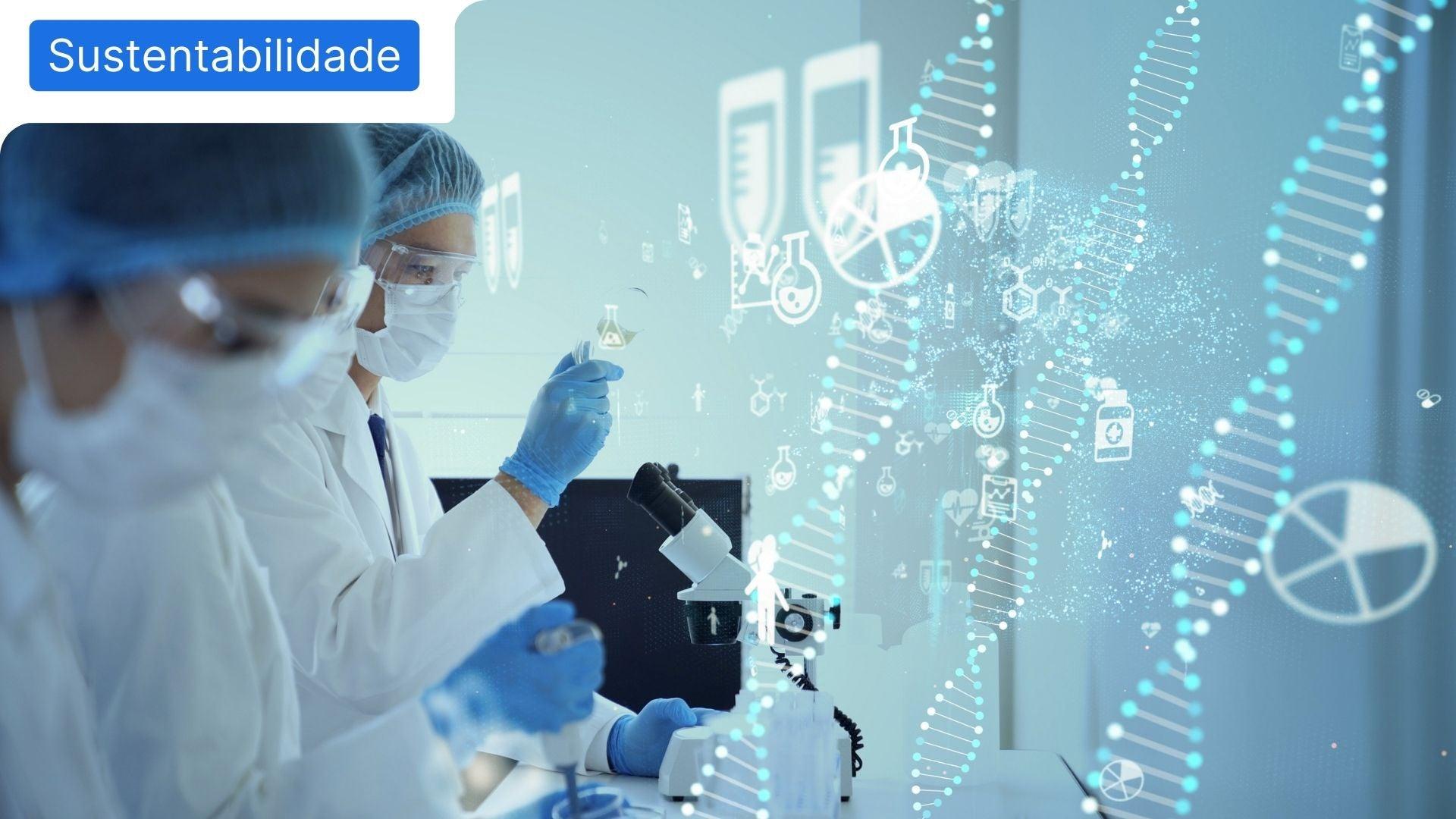
The importance of Science in sustainability
Science, as we all know, is of crucial importance in the development of countries and society in general. It is essential for health, the environment, the economy, education and training of people, technology, in other words, for the development of all branches of society.
It is possible to understand that it is an essential knowledge or practice for the world, but, in particular, what is the importance of science in sustainability? Find out the answer now.
Science in sustainability
The development of society has brought many positive and negative aspects. Contrary to the increase in food production capacity and the improvement of health systems, there are environmental problems.
Pollution, the exploitation of the planet's annual resources and climate change are undeniable and it is increasingly necessary to solve these problems. It is in this aspect that science can open the door and introduce all the important changes and innovations to increasingly reduce our ecological footprint.
According to Arlindo Oliveira, in an opinion article for Público , the way we live will only be more sustainable if “(…) we develop the technologies needed to generate and distribute energy in a cleaner way, eliminate dependence on fossil fuels, make mobility more efficient, capture and store greenhouse gases and, possibly, limit the amount of solar radiation received by the planet (…)”.
The 2030 Agenda
Those responsible for devising sustainable development strategies rely on scientists to help them understand the issues involved, as they have made key contributions to understanding environmental problems. John Lemons and Donald Brown argue that it is important for science to understand which human actions cause environmental imbalances and how countries can act with certain programs.
Science addresses these challenges through new approaches and solutions. The way in which science can support society and how knowledge and action are linked has led UNESCO to address the science of sustainability so that this issue can be addressed in the 2030 Agenda, which sets the following goals for sustainable development:
- Eradicate poverty
- Eradicate hunger
- Quality health
- Quality education
- Gender equality
- Drinking water and sanitation
- Renewable and affordable energy
- Decent work and economic growth
- Industry, innovation and infrastructure
- Reduce inequalities
- Sustainable cities and communities
- Sustainable production and consumption
- Climate action
- Protect marine life
- Protect life on Earth
- Peace, justice and effective institutions
- Partnerships for implementing the objectives
EcoX joins forces with science to take care of your future
Scientific knowledge and practices allow us to find solutions to help the environment and have a greener future.
To contribute to a cleaner future, EcoX came up with a special formula to address two problems: giving new life to waste that has serious environmental impacts and enabling ecological cleaning with biodegradable products.
This formula is based on the circular economy as it allows the use of used cooking oil and transforms it into ecological detergents. In addition, EcoX reuses packaging ( when purchasing in bulk and with the Re-EcoX program ) and reduces the need for primary resources.
EcoX is a pioneer in transforming waste into 100% ecological detergents through this innovative technology that results in the power of cleaning combined with the protection of the planet, people and animals through circular models.
Thinking about the professional sector and the importance of everyone working together to contribute to a more sustainable future, EcoX also develops products made from used cooking oils, creating a circular concept.
From delivery to production, through transformation and ending with retribution and sharing, this process is based on daily work by several employees who guarantee its continuous innovation and effectiveness.
Author: Daniela Matos







